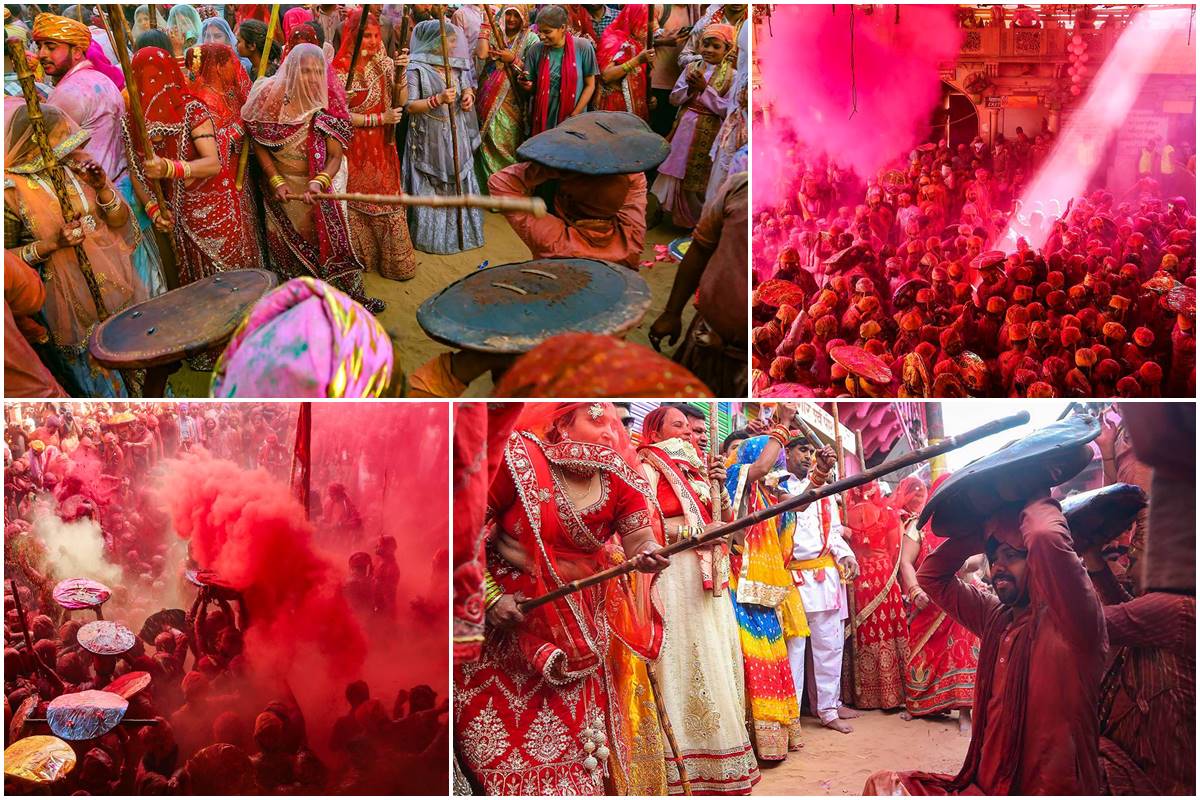Money transfer through mobile phones is slowly becoming popular with the country’s top two operators ? Bharti Airtel and Vodafone ? together having notched up more than 2 million subscribers. Business is slowly gaining traction, say industry watchers, with the subscriber base growing at close to 15% growth month-on-month. Idea Cellular has made a start and Reliance Communications has just won a licence to offer money transfer services.
The biggest catchment for telcos is the 300 million migrant population ? labourers working in cities like Delhi and Mumbai who need to send money back home to Uttar Pradesh, Bihar, Odisha or the north-eastern states. While the bulk of the money sent home, approximately 70%, is transferred through informal channels, 20% is routed through the banking channel and 10% via the time-tested money order.
“It is this 70% market which remains largely untapped that we?re looking at,? says Suresh Sethi, business head, M-Pesa, the brand under which Vodafone offers its mobile money transfer service. Sethi?s willing to wait it out because he?s confident business will come; Vodafone has rolled out the service across the country and has around 1.2 million subscribers. For the money transfer piece, it has entered into a strategic tie-up with ICICI Bank.
Bharti Airtel?s Airtel Money, which is subscribed to by more than 1.3 million subscribers, works somewhat differently. The money transfer services are available only in Bihar, Uttar Pradesh, Mumbai and Delhi or what it calls the ‘migrant corridor’ and its partner for the money transfer service is Axis Bank. However, consumers who are paying phone bills or for DTH services, or transferring money to a bank account, can do so from anywhere in India.
Sethi believes the service is a competitive one given the charges are between 1.5% and 2% of the value of the transaction, similar to that charged by most banks. Money order services, he points out, are costlier, at 5-7% of the amount. Typically, utilities bills whether for DTH or telephone services average R300-400 while the ticket size for money transfers is slightly larger at R1,000.
Telcos, however, are miffed that they can?t offer cash-out services. In other words, if a migrant in Mumbai receives money from his home in UP, it needs to be channelled through a bank which means he would have to collect the money from the nearest branch. Since in rural areas the number of branches are relatively few, operators can set up their outlets within a 30 km radius of their partner bank’s branch. Had cash-out services been permitted, the operator could have provided cash from any of its outlets.
While there are some 1.1 lakh banks branches in the country and 550 million bank accounts, active bank accounts are fewer at 200-215 million. In contrast mobile operators have more reach ? Bharti and Vodafone have 1.6 million outlets each. Vodafone has 60,000 outlets offering the M-Pesa facility while Airtel Money outlets number close to 1.5 lakhs. ?There are 10-15 million kirana stores in the country which we can work with? an industry executive says.






















